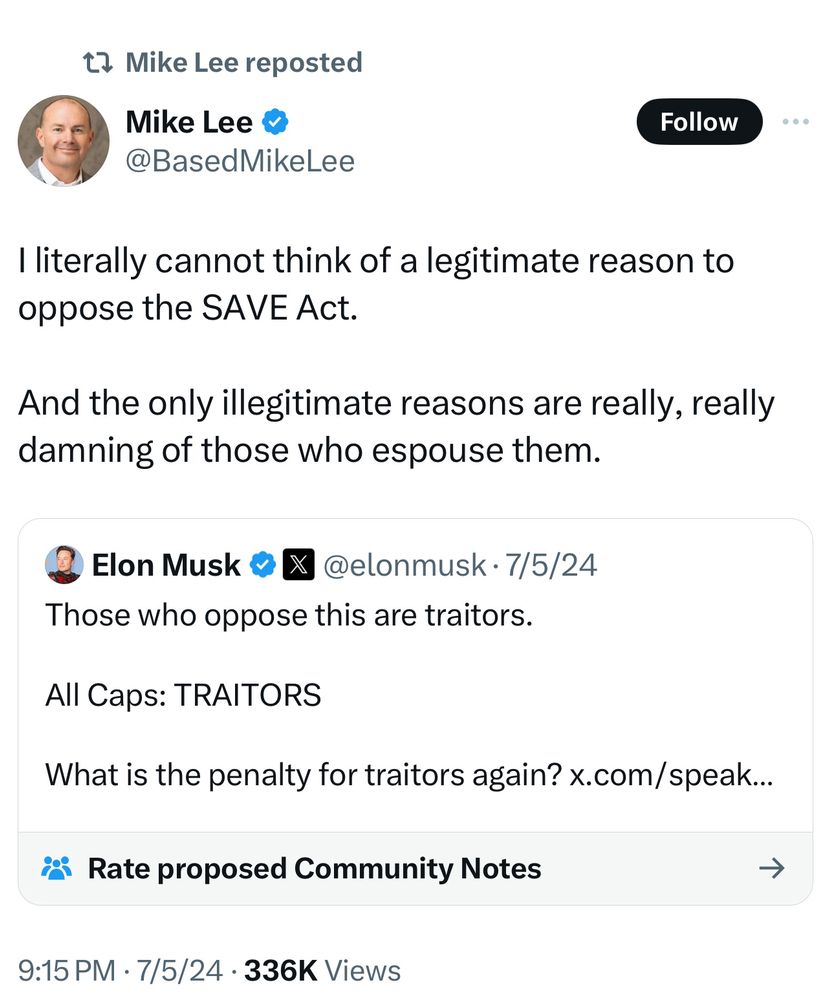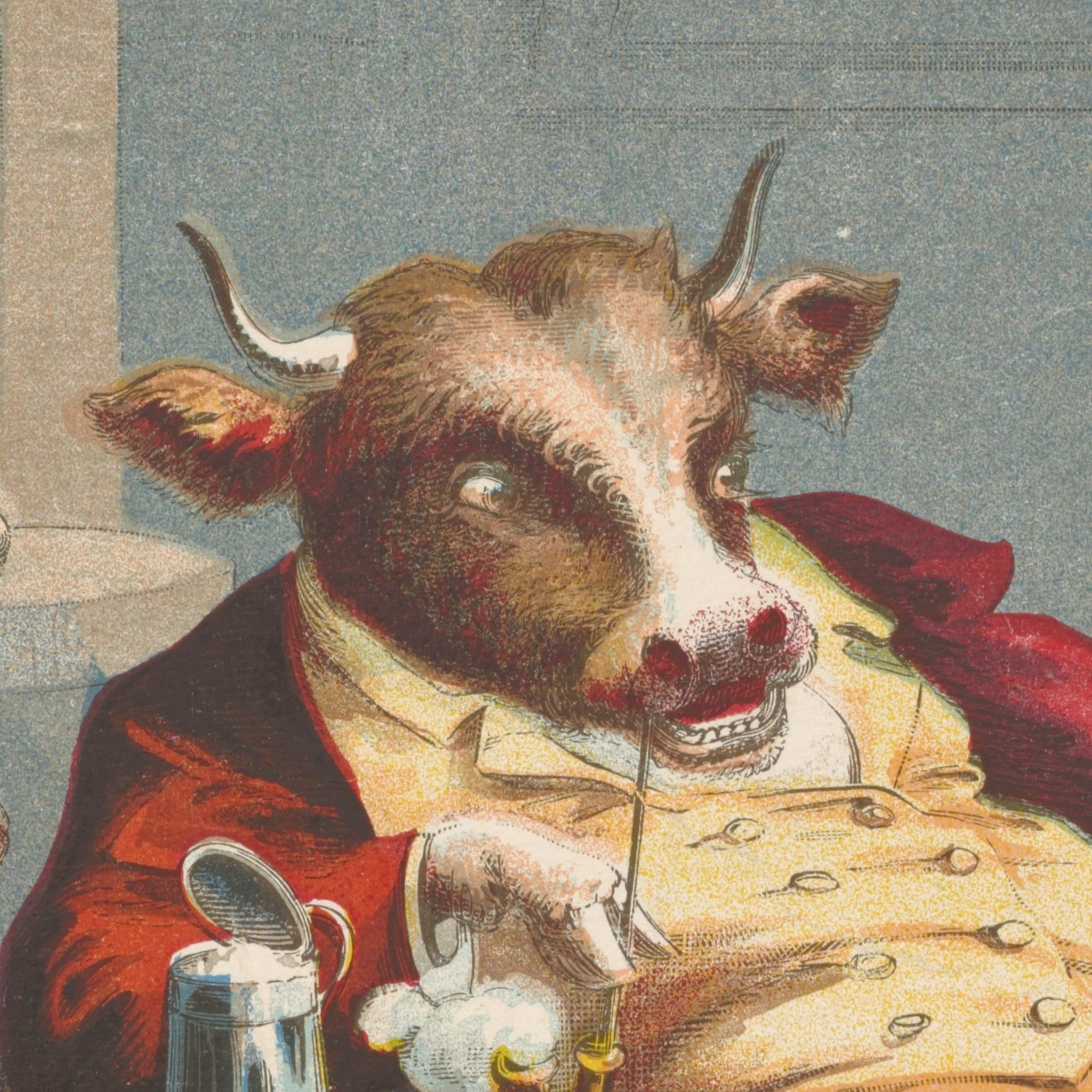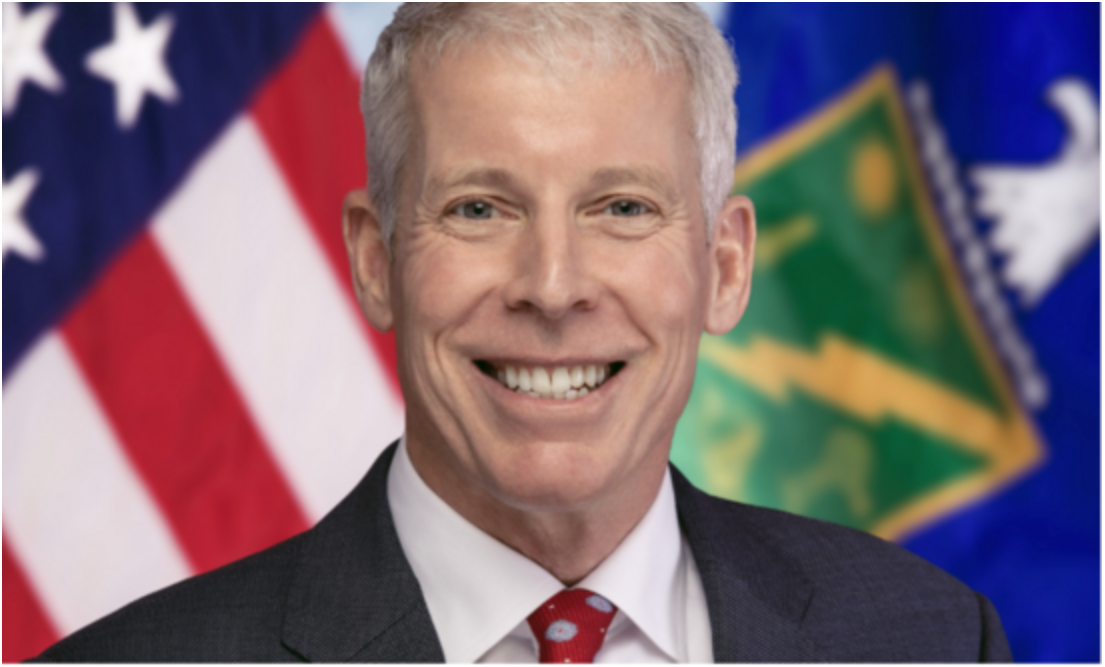When it comes to That Thing That Just Happened, there's simply no way to know what happens next. Anyone claiming otherwise is either a fool or selling something.
The problem with attempting to game out how an apparent lone gunman's attempted assassination of the coup-attempting Donald Trump will affect the political climate, much less the election, is that it depends on too many moving parts. Every political group and player in America is going to have a take on it, one they'll be selling to the public in desperate attempts to game it to their own advantage, and which of those would-be narratives takes hold depends on the actions of every other group. What that landscape looks like a month from now isn't knowable.
The far-right:
How the American far-right will respond really isn't in question. Fascist groups always, always claim that the mere threat of imagined violence against them justifies inflicting actual violence on their supposed enemies. They respond to actual violence by escalating that rhetoric further; in their minds, it will "prove" the conspiracies against them.
The motives and identity of the shooter will not matter here. At all. The fascist right and members of the public who identify with it will simply assert that it was a conspiracy by "antifa," or by "Democrats," or by any one of their already predefined enemies. Groups like the Heritage Foundation and the Claremont Institute will claim that this means America needs to move even more quickly to abandon its democracy in favor of one-party rule, so as to speed up the necessary purges of those enemies.
The "official" Republican Party:
The Republican National Convention is probably going to end up with every speaker focusing on the assassination attempt and giving their takes on it, and those takes are probably going to pluck themes from the far-right more often than not. House Speaker Mike Johnson shows how it will go.
Then there's the Mike Lee approach.

The walking pile of cocaine who calls himself Donald Trump Jr. is a wildcard here, as is ... gawd, about half the speaking lineup.
The biggest question is whether the RNC will try to enforce a bit of decorum and restraint or will launch themselves headfirst into the conspiracy theories and authoritarian demands of the far-right. I expect we all know which is more likely. But it's also not likely to matter, because these conventions themselves rarely result in anything but temporary polling bumps.
Trump himself:
Will probably play the martyr, but the odds that Trump will make any move to "take down the temperature" of his political rhetoric are exactly zero. There's not a chance in hell. So that just leaves the other two options; he can either continue campaigning exactly as he did before but with a new story added to his rally repertoire, or he may further escalate his own authoritarian rhetoric by claiming, as his fascist allies will, that the event shows he is being persecuted by, well, everyone who has ever said the slightest of rude things about him.
Trump's reactions are inscrutable even during the best of times; there's simply no way to predict how he will attempt to use this act of violence other than, broadly, "for his own benefit." But history shows Trump isn't always clever enough to know which path forward would most "benefit" him—and that, of course, is an understatement. He might just go off the deep end now. Well, the deeper end of the deep end.
So far, though, Trump isn't changing his behavior in the slightest. He's an aging, lifelong narcissist; he likely doesn't have the ability to change it.
The press:
The press quickly moved to deify Trump. It's been striking how openly in-the-tank many of the most dominant media outlets have already become in their 2024 election coverage; the indifference of journalists and supposed analysts to Trump's violence-provoking 2021 coup attempt, his felony convictions, and an utterly disqualifying contempt for the rule of law is barely touched upon in most coverage, while new narratives about Joe Biden's age and supposed medical conditions are stoked furiously.
The developing narrative is that Trump raising his fist in his usual rally act of crowd solidarity, after he was lightly grazed by a bullet and was hustled away by the Secret Service, is an iconic moment that everyone will be sharing pictures of because, I don't exactly know here, Trump still being able to walk on his own two feet after bleeding slightly is supposed to indicate bravery or virility or something. (He doesn't appear to have even recognized that a member of the crowd was dying or dead just behind him, which is probably not surprising given the circumstances but which is just one of the reasons why he'll probably be earning fewer "iconic moment" points from the public than the press imagines.)
The problem with this narrative is that there's simply not much that can be done with it. Yes, it's a striking picture. Yes, it tells a story. No, it's not a particularly illuminating story, because the public widely assumed to begin with that Trump could strike a pose after suffering a slight injury. Nothing happened after that; it doesn't offer any new insights into Trump's character.
Democrats:
If Democrats were the mirror of Republicans, it would be easy to predict their next actions. If it was Biden who was slightly grazed by a bullet during a public appearance, Trump would mock him. The Republican Party would mock him. There would be purple Band-Aids passed out on the convention floor and pictures of Republican delegates wearing them to mock Biden's injury.
Campaigning Democrats will probably react with more decency than that. There might be a brief pause on efforts to point out that Trump is a coup-attempting felon allied with fascists bent on undoing America's democracy—for a week or two. And then it probably won't matter.
But again, we really just don't know what the repercussions are going to be, because we don't know which of the pushed narratives will take hold, or whether any of them will. The greatest likelihood, though, is that in a month this will have changed the race not at all.
There's nothing here that would support a narrative different from the ones that Americans already know well. The fascist right and Trump's many, many coup-supporting allies in Congress have long been frothing that everything that happens in the world is the fault of Democrats refusing to concede to Republican wills, and may well try to use this new violence as "proof" that Republicanism's enemies should be crushed by law and by force, but anyone in the public who is swayed by such arguments has heard them for a decade now. America is now indifferent to gun violence; if mass murders inside American schools can't muster more than a few weeks of national outrage, it's difficult to understand why "important man slightly grazed by bullet" would alter public opinions for any longer.
We don't know what happens next, because there are too many moving parts. "Nothing at all," however, remains a distinct possibility. There's even an outside chance that the violence makes Americans even more exasperated with politics and the current political climate. That might lead them to distance themselves even more from daily news coverage, further stagnating the race, or it might lead on-the-fence voters to decide that they are just so tired of the constant, omnipresent drama surrounding Trump that they would rather he just go away.












Comments
We want Uncharted Blue to be a welcoming and progressive space.
Before commenting, make sure you've read our Community Guidelines.